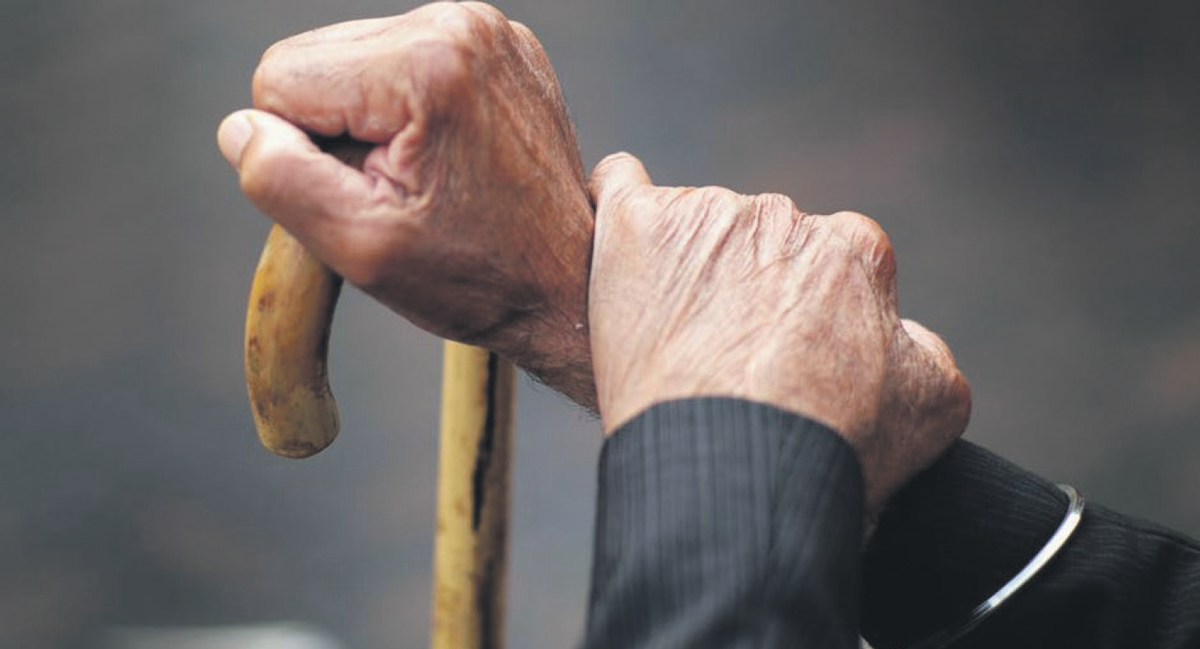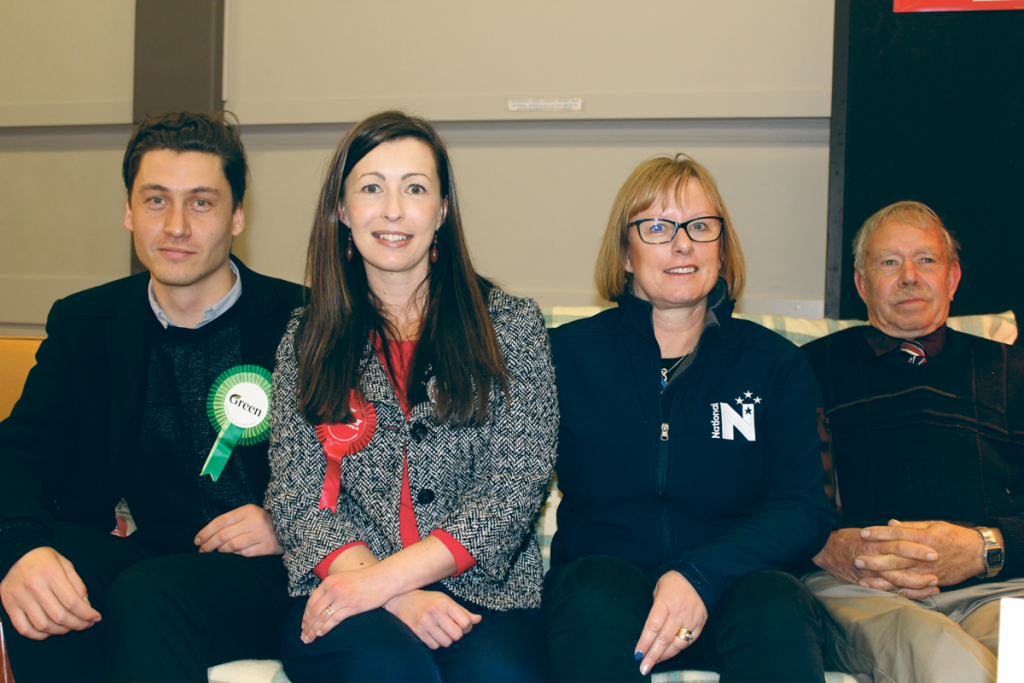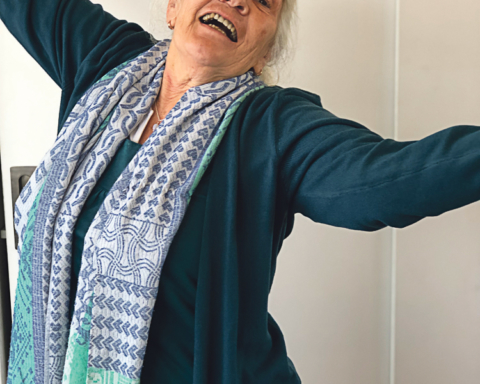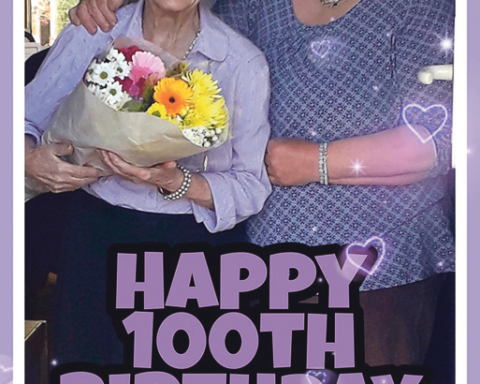A column connecting with senior citizens in our community.
Late one evening 97 year old Alice announced to her daughters she could hear music and someone singing, she seemed quite happy until she realized that nobody else could hear any noise. She became upset and said that the people next door had the radio turned up too loud. As well as a severe hearing loss Alice has Dementia, and her behaviour is sometimes unpredictable. She has short term memory loss, but can often recall events from the past with amazing clarity.
She had a very disturbed night and needed reassuring several times and at 2am complained about people out making a noise outside. The next morning the old lady wanted to go round to the neighbours and ask them to turn the music down. When she finally realized she was the only one hearing the music she became scared and thought she was going mad.
The two sisters were very concerned until did a Google search for “hearing music” and discovered that the phenomena was common amongst people with hearing loss especially as they get older. Many do not admit to hearing noises for fear of being thought of as crazy. Until recently the medical profession has often dismissed the condition as tinnitus.
Perceiving things that are not present are called hallucinations. They can be visual (seeing) auditory (hearing), and less common, olfactory (smelling), gustatory (tasting) or tactile (feeling).
Visually impaired may have visions while those with hearing loss are more likely to hear things without an external source. They may last for years or may be one off incidents.
In 2004, Neil Baunman, who runs a hearing clinic in the States, found some of his clients complained of musical sounds which appeared to be quite different from the monotone sound of tinnitus. He put out a request on social media to see if others heard music. He was inundated with people who were afraid to admit to hearing imaginary sounds in case they were crazy. Most of them had some degree of hearing loss. He believes they make up for the lack of sound by subconsciously inventing musical sounds. He called it Musical Ear Syndrome (MES). He has continued his research bringing peace of mind to people of all ages with hearing loss.
He distinguish two types of sounds, tinnitus which is a single monotonous noise such as buzzing, whistling or humming, and more complex sounds such as voices, music and singing.
Mankind has experienced visions and voices throughout history with many different explanations, however there are a number of things that are thought to cause Musical Ear Syndrome, such as lack of auditory stimulation. Living alone in a quiet environment may cause the brain to manufacture its own sounds. Bereavement after the death of a spouse may also cause various phantom phenomena. The elderly are more likely to be prescribed pharmaceutical medications, and both recreational and medical drugs can cause hallucinations.
Some foods such as chilli, coffee, nutmeg, mushrooms, Stilton cheese and rye bread may trigger some people to have hallucinations.
What exactly triggers Musical Ear Syndrome remains a mystery but, poor hearing, dementia, stress, anxiety, tiredness, depression, isolation and listening to continuous background noises are thought to be major contributing factors.
Alice has not had a repeat of the musical sounds she heard and appears to have forgotten the incident. With the help of information from several websites the sisters were able to understand what may have caused the temporary glitch in their mother’s hearing, and that gentle assurance was the best treatment.
Prior to the musical incident she had had a busy few days, and was anxious over a small eye operation, and the previous day she had been involved in a musical quiz at one of her memory groups!
Pauline Abrahams








